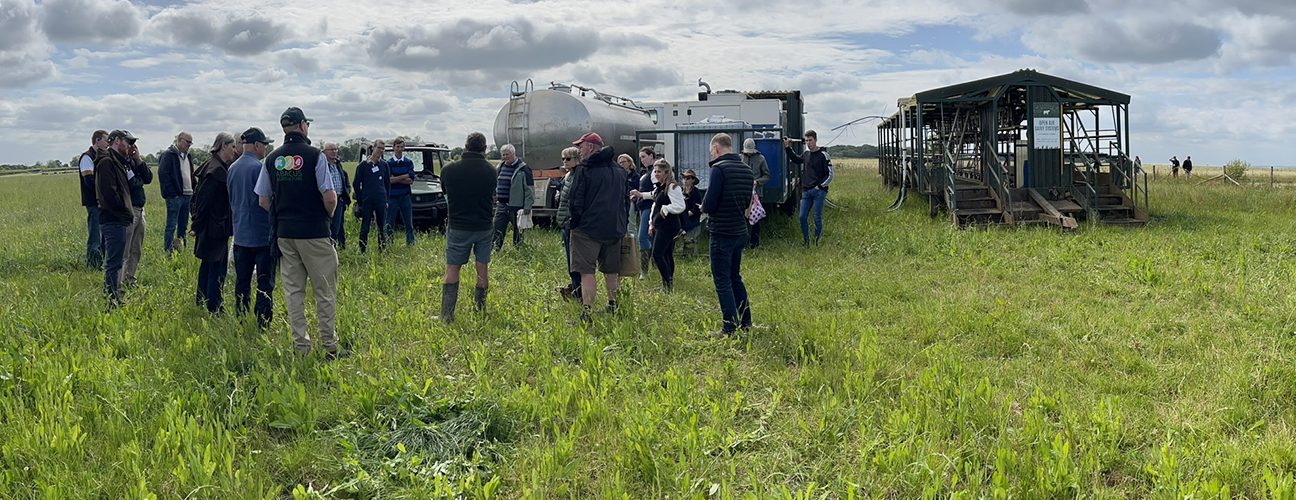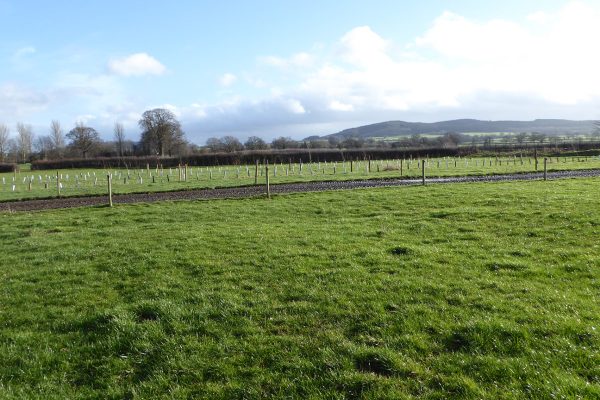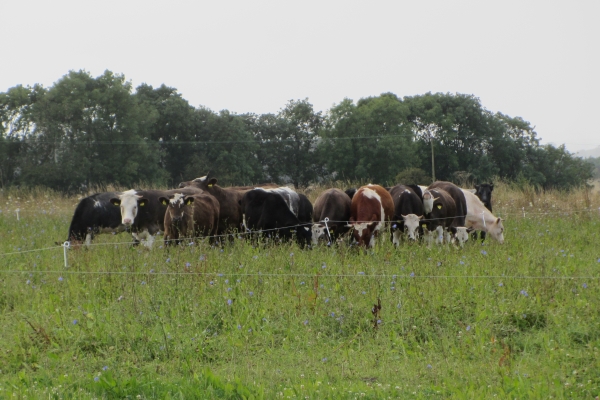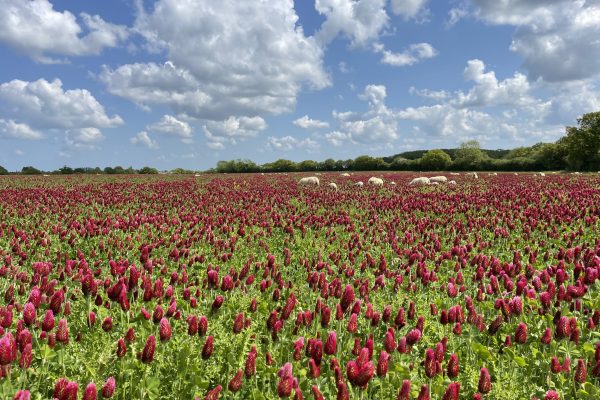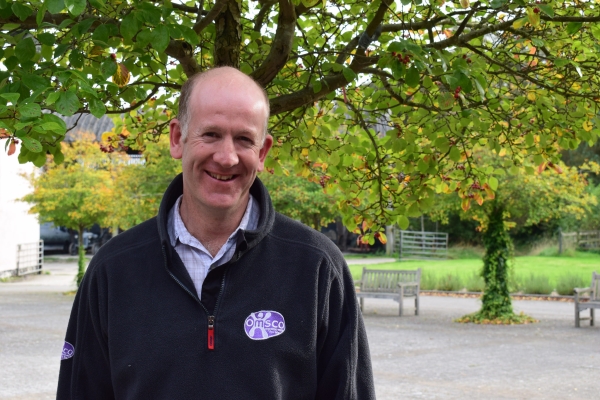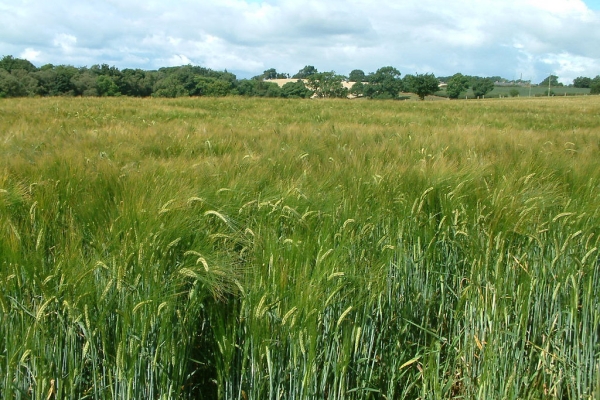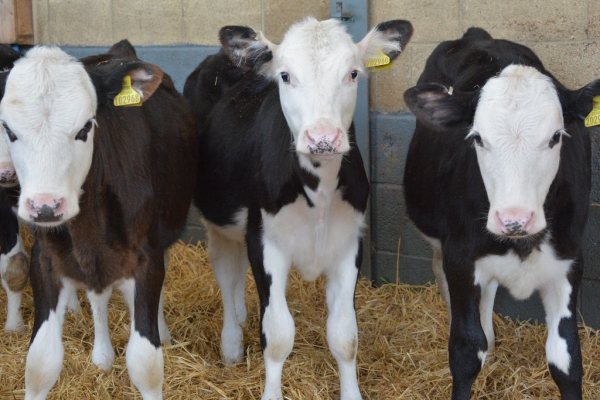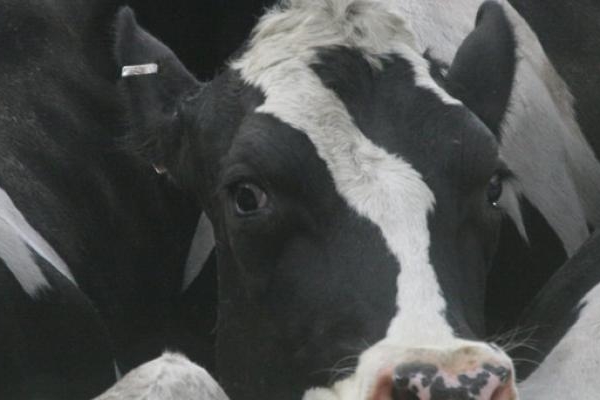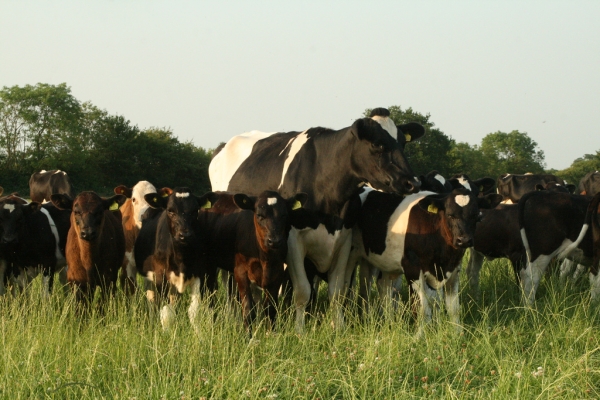Mobile Dairy – Making it Work
Groundswell 2024
Resource explained
In this video recorded at Groundswell, Matt Smee of Agricology hosts a discussion with Tim May and Oliver Chedgey from Kingsclere Estate. Together, they explore how mobile dairy operations have been successfully integrated into their farming system.
The conversation covers the ethos behind this innovative model, and provides some useful insights into the benefits and challenges from both the landowner’s and farmer’s perspectives.
The chat also touches on the practical side of establishing and running the mobile dairy, including day-to-day processes, problem solving and troubleshooting, land use strategy, and staff management.
This conversation is part of a wider collection of sessions chaired by Agricology at Groundswell in 2024. Recordings of further sessions are available on both the Agricology and Groundswell YouTube channels.
Findings & recommendations
The Mobile Dairy Model at Kingsclere shows how a flexible, low-input, and collaborative approach can effectively support regenerative and organic farming goals.
- Mobile infrastructure reduces risk and cost: A fully mobile milking parlour avoids tying up capital in short-term land agreements. Equipment is owned outright and moves efficiently each day.
- Breed selection is key: A 450-head Jersey-cross herd was chosen for their lighter weight, making them ideal for out-wintering on varied soils, including clay and chalk.
- Seasonal production benefits: Spring block calving and once-a-day milking allow cows to be dried off from December to March, reducing winter impact and supporting natural cycles.
- Flexible staffing and training: The team grew from one person to three, with a focus on adaptability and in-house training rather than traditional herdsman roles.
- Innovation through mindset shift: The model grew from a broader move away from monoculture, embracing a more diverse and holistic approach to land use.
- Collaborative partnership model: A tailored share-farming agreement divides input costs and splits profits, encouraging equality and shared responsibility.
- Harnessing environmental schemes: Programmes like SFI and ELMs can be used to support broader goals, such as diversification and aligning workloads with personal and family priorities.
- Adaptability is an essential feature: With a changing climate, the team adjusts grazing and milking schedules to suit weather conditions, using shade from trees and pre-placing winter bales to stay ahead.
